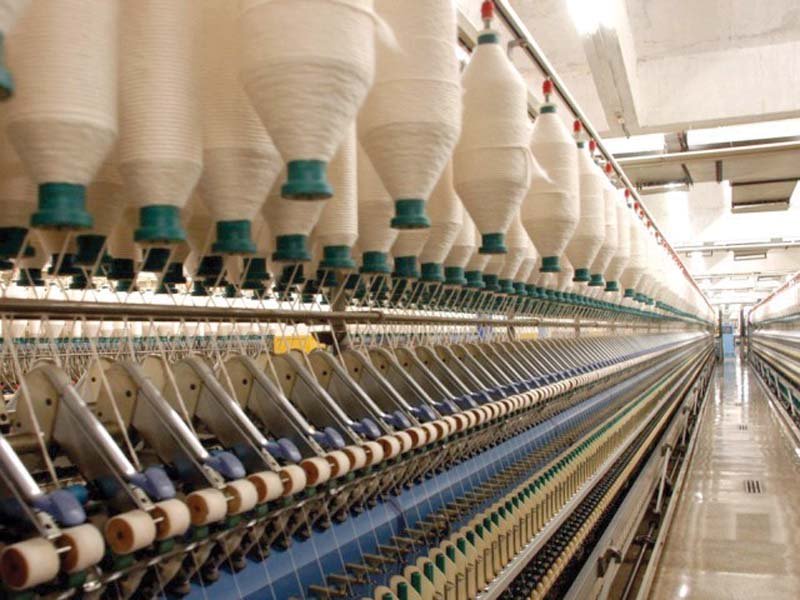
“At present, 6% customs duty and 6% import incidental together with local PSF manufacturers’ margin make PSF available at around 20% price differential,” he said.
“The textile industry is predominately cotton-based with an odd fibre mix – 80% cotton and 20% manmade fibre against the global average of 70% manmade fibre and 30% cotton.”
Monnoo said this prevented the textile industry from diversifying its products and markets, though Pakistan had been granted the GSP Plus market access facility since January 2014.
“The textile industry has been unable to produce exportable surplus in particular manmade fibre-based products, therefore, it could not benefit from enormous opportunities under the GSP Plus for the export of synthetic-based textile products.”
He said the proposal to increase customs duty on PSF import would not only make textile goods meant for export further unviable but would also render PSF-based textile goods for domestic consumption unaffordable.
Already, he said, cheaper import and smuggled synthetic yarn and fabric have made inroads into the domestic market due to present high polyester tariff.
The acting chairman of Aptma urged the government to bring the import duty on PSF down to zero.
Furthermore, he said, all specialty fibres including acrylic should be allowed to be imported at zero per cent import incidental, enabling the industry to diversify its product base.
He said Viscose staple fibre, which was not being manufactured locally, should be allowed to be imported at zero customs duty.
Published in The Express Tribune, June 4th, 2015.
Like Business on Facebook, follow @TribuneBiz on Twitter to stay informed and join in the conversation.

















1713853507-0/MalalaHilary-(2)1713853507-0-270x192.webp)



















COMMENTS
Comments are moderated and generally will be posted if they are on-topic and not abusive.
For more information, please see our Comments FAQ